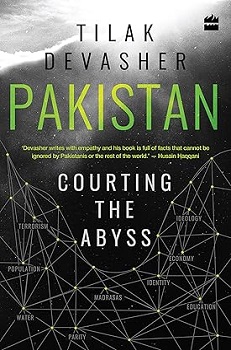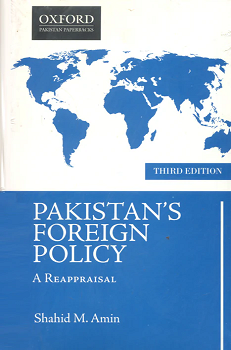Frontline Pakistan: The Struggle With Militant Islam explores Pakistan’s ongoing battle against militant Islamic groups, detailing the complexities of political, social, and military dynamics in the region.
Key Points:
- Historical Context Pakistan’s struggle with militant Islam traces back to its founding and the geopolitical shifts post-Cold War.
- Emergence of Militant Groups Various militant organizations, such as the Taliban and Lashkar-e-Taiba, gained prominence in Pakistan’s landscape.
- Impact on Society Militant activities have deeply impacted Pakistani society, from governance challenges to societal divisions.
- Military Operations Pakistan’s military has conducted numerous operations against militant strongholds in tribal areas and urban centers.
- International Relations The struggle intersects with Pakistan’s relationships with neighboring countries and global powers.
- Political Ramifications Politically, the issue has influenced governance, elections, and policies regarding security and extremism.
- Humanitarian Consequences The conflict has led to humanitarian crises, displacing populations and straining resources.
- Counterterrorism Efforts Pakistan’s efforts in countering terrorism include legislative measures, intelligence operations, and international cooperation.
- Challenges and Obstacles Addressing militant Islam faces challenges like ideological support, economic disparities, and regional instability.
- Future Prospects The future outlook involves ongoing efforts for peace negotiations, social reforms, and regional stability.
Conclusion: Frontline Pakistan: The Struggle With Militant Islam underscores the multifaceted nature of Pakistan’s battle against militant Islam, highlighting the complexities and ongoing efforts to achieve peace and stability in the region.











